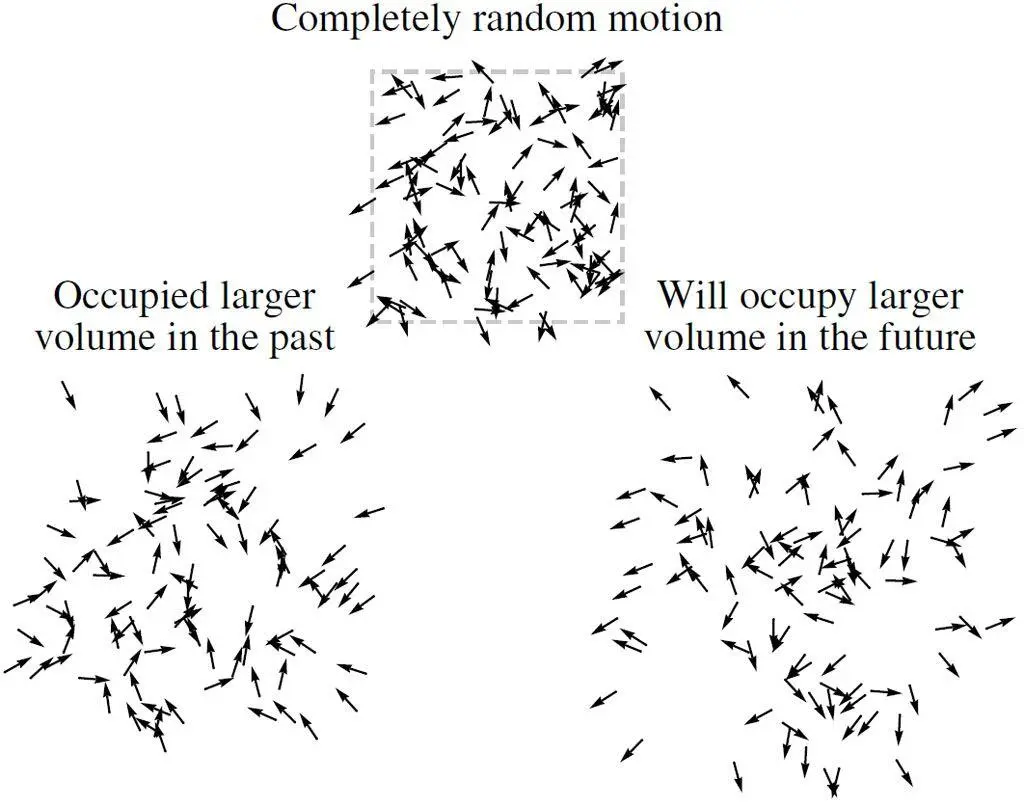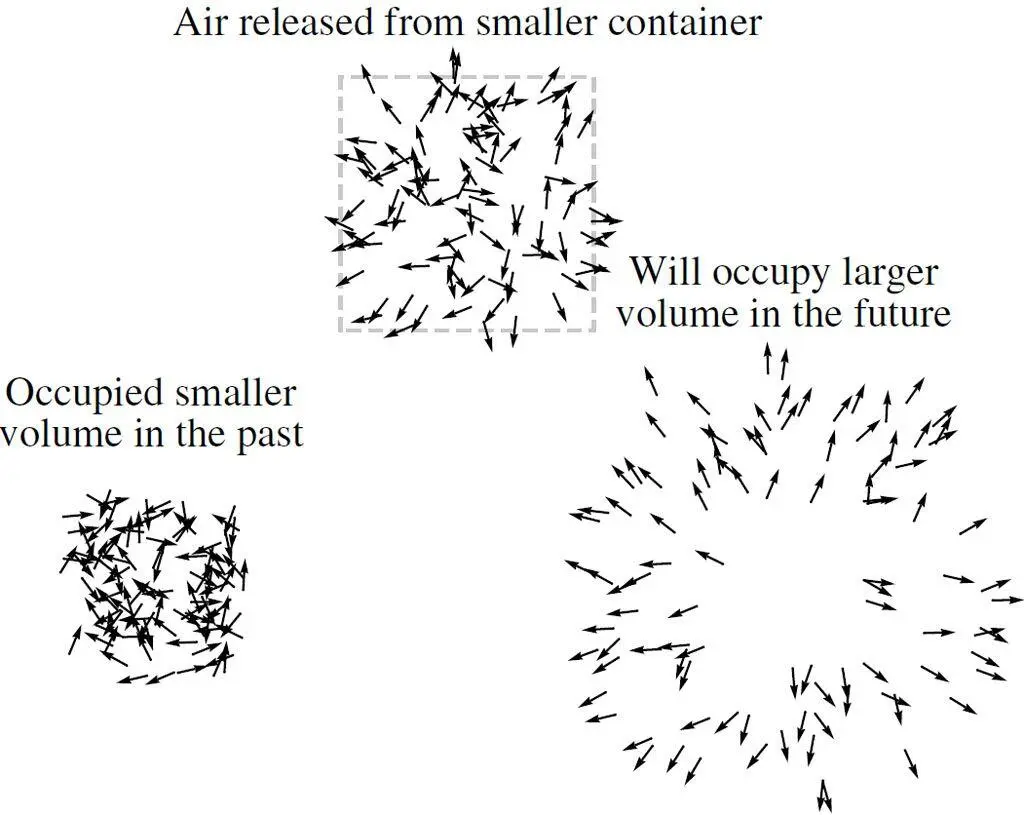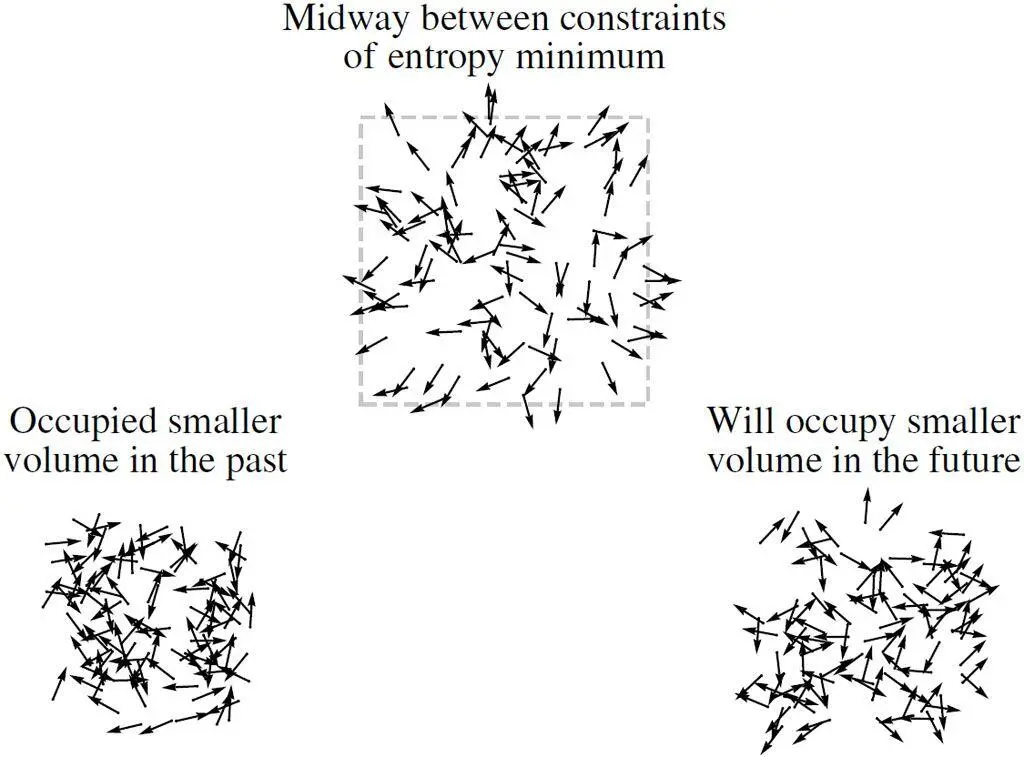‘It must have been a false reading,’ he decided.
The image feed was growing shaky, as if the probe was being buffeted by high winds. Greta had only provided the expedition with a single time-reversed camera, and the probe’s sunless view of the landscape below was almost impossible to read. The temperature was dropping steadily now. Maybe there was something going on with the cooling air: a valve had jammed when the flow had been needed to dispose of the engine’s heat, but now it had simply snapped open and was overcompensating.
As the juddering machine rushed towards the surface, Ramiro felt equal parts fear and exultation. In the history of the Peerless , no one had ever performed a manoeuvre that deserved to be described as a landing. But if this small, robust scout couldn’t survive the process, what chance would there be for the Surveyor ?
The image turned black. Tarquinia said, ‘Side camera might be more informative now.’ She sent an instruction from her corset, and the feed changed to a slanted view of an expanse of sandy ground. In the middle distance a few small grey rocks broke the flatness.
‘It’s down! It’s safe!’ Azelio chirped ecstatically, then turned to the instrument feed. ‘And the temperature’s fine. It’s already close to Tarquinia’s estimate for the surface.’
Agata said, ‘In Esilio’s terms, it’s been there for days. What other temperature should it be?’
Ramiro struggled to accept this. On one level he understood her reasoning perfectly: according to Esilio’s arrow of time, the probe was about to ascend , with any frictional heating yet to come. And if this was the correct perspective, the high temperature they’d seen when it was still above the atmosphere was due to its earlier heating during its ascent.
‘How was it ever cool, up here?’ he asked. ‘Before we launched it? Or in Esilio’s terms: what cooled it after it emerged from the atmosphere?’
‘Any answer to that will sound strange from either perspective,’ Agata replied. ‘I suppose it must have happened through interactions with the cooling air – but then, from Esilio’s point of view that air was rushing in from the void and striking the probe in just the right way needed to cool it, while on our terms the probe was releasing cooling air but heating up in the process.’
Ramiro clutched his skull. ‘Why, though?’
‘What’s the alternative?’ Agata replied. ‘Retaining all the heat from this ascent for the next six years, while it was sitting in its bay in contact with the Surveyor ?’
‘That would have been absurd,’ Ramiro conceded. ‘But the fact that it heated up at all before it hit the atmosphere is absurd, too.’
‘Less so,’ Agata insisted. ‘And “absurd” is the wrong description. If I handed you two identical-looking slabs of stone at room temperature – one of which had been heated for a while in a fire the day before – would you expect to be able to tell me which was which?’
‘Of course not.’
‘Now look at the same situation in reverse. Your failure to guess the stones’ history becomes a failure to predict their future – but the one that would become unexpectedly hot well before it was actually in the fire would not have been doing anything absurd.’
Ramiro couldn’t argue with that. ‘So I should be grateful on those rare occasions when things make perfect sense from a single perspective, whether it’s ours or Esilio’s. But when that doesn’t work… what are we left with?’
Agata said, ‘Why should we expect a system as complex as a slab of stone to be predictable, when we don’t know the detailed motion of all its constituent particles? We’re used to making predictions based on nothing but a single number, like temperature or pressure, but the ability to do that depends entirely on our relationship with the entropy minimum.’
‘So we’ll be helpless down there,’ Ramiro concluded glumly. ‘Anything could happen.’
‘No! Not anything .’
‘What can we rely on, then?’ Azelio asked.
‘Nothing should happen that’s unreasonably improbable,’ Agata declared.
Azelio buzzed. ‘What makes something reasonably improbable?’
‘Cosmology.’
‘I might need a little more guidance than that,’ Azelio pleaded.
Agata thought for a while. ‘If you took a cubic stride of air at a certain temperature and pressure,’ she said, ‘and chose the direction of all its particles at random, then in the vast majority of cases the entropy of that system would increase if you followed it either forwards or backwards in time.’
She sketched an example.

‘But the air we actually deal with every day might well have been released into that large container from a smaller one, which immediately tells us that it’s in an improbable state: one that would shrink of its own accord into a smaller volume if you followed it backwards in time.
‘Most cubic strides of gas – in a time-blind, mathematical sense of “most” – do not have that property! But the entropy minimum in our past makes it entirely reasonable that we encounter air in that state. The cosmos isn’t full of particles moving purely at random, or there wouldn’t be an entropy minimum at all.

‘But the entropy minimum is in our future as well as our past – and Esilio connects us to it in a way we’re not accustomed to. So we’re now in a situation where we might encounter a cubic stride of air that not only occupied a smaller volume in the past, but will occupy a smaller volume in the future.’

‘As a fraction of all the ways the particles could be moving, that’s even more improbable than before – but given where we are and the facts of cosmology, it’s not unreasonable.’
Ramiro accepted Agata’s logic, but it was difficult to see what it offered them in practice. ‘Tell us one thing that you’re sure won’t happen,’ he challenged her.
She said, ‘Two objects in thermal contact will not maintain different temperatures over a long period of time.’
‘Because… ?’
‘Because there are vastly more possibilities in which they share their thermal energy more equally. If you pick a possibility at random, it’s likely to be one of those. Fundamental physics might make the entropy minimum necessary – but we still expect the cosmos to be as random as it can be.’
Ramiro said, ‘Why am I not comforted by that?’
Agata buzzed. ‘I don’t mean rocks flying into the air and hitting you in the face for no reason. When individual particles are moving randomly, that makes large assemblies of them more predictable, not less. Most of the time, air will just be air, stone will just be stone, acting the way our instincts expect.’
‘And the rest of the time?’
Agata said, ‘We’ll just have to be prepared for the exceptions.’
Ramiro was on watch, so he stayed in the front cabin monitoring the probe’s data feed long after everyone else had gone to bed. Sitting meekly on the surface of Esilio sending back images of the surrounding landscape, the probe encountered no conspiracies of air, or rock, or heat to impair it. Its temperature remained stable – despite the heat that its photonics would be generating in the normal course of things – which seemed to imply that it was exchanging thermal energy with its surroundings in the usual way. Agata appeared to have been right about that much: the earlier, unanticipated heating had taken place for a perfectly good reason, and there was no risk of it happening again while the probe was motionless on the ground.
Читать дальше













